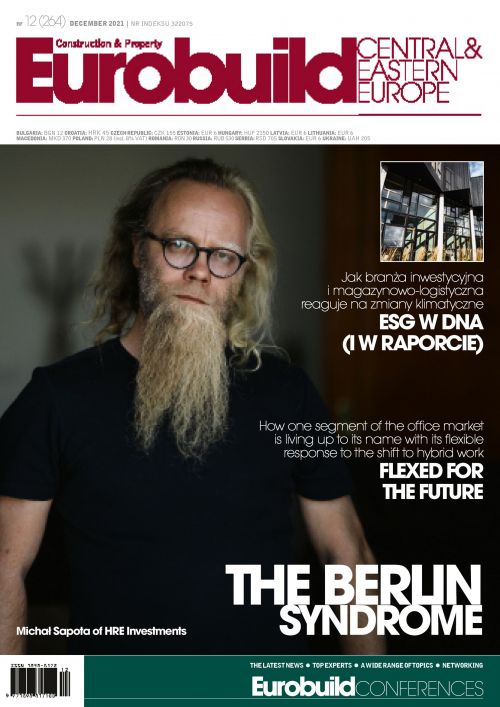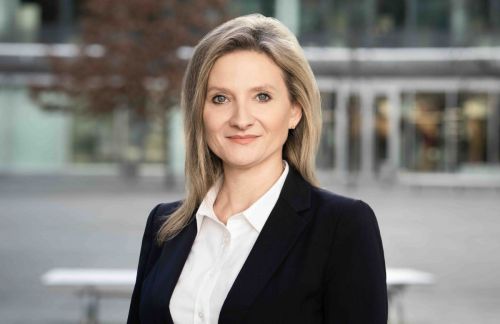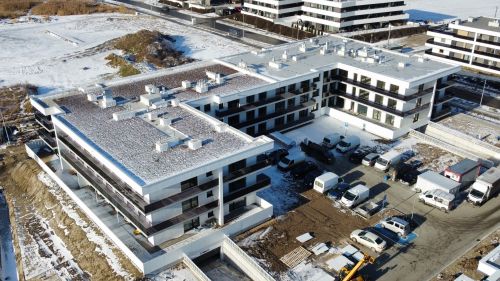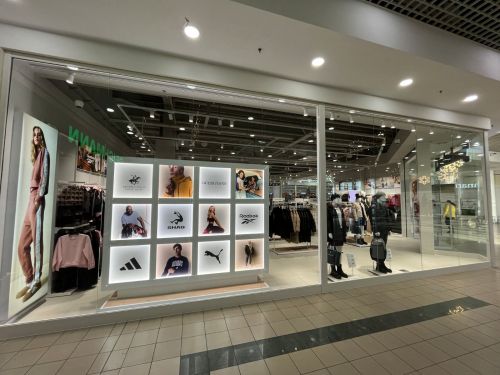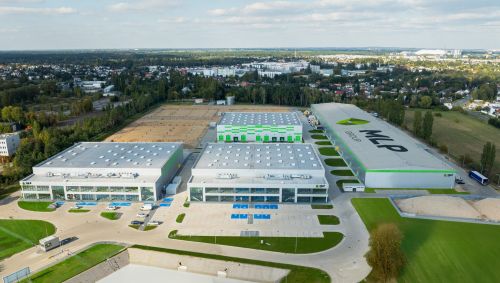Around 100 people gathered at the Westin hotel in Warsaw for the event held by Eurobuild Conferences. Whether because of the pandemic-enforced break last year or due to the current dramatic growth of the market, the attendance at the conference was not only high but also remained so right through the very last discussion panel – and also when lunch was served and the guests could chat more informally. It was a real pleasure to see such familiar faces once again in the flesh and to talk with representatives of Poland’s leading warehouse developers. Moreover, it was a great experience to spend time in such a fantastic atmosphere.
The conference kicked off with a summary of the situation on the market given by a panel moderated by Piotr Szafarz, the head of the real estate practice for Poland and the CEE region at Dentons. It was the managing director of Panattoni, Marek Dobrzycki, who drew attention to that worrying fact that rents still remain low while construction costs c























